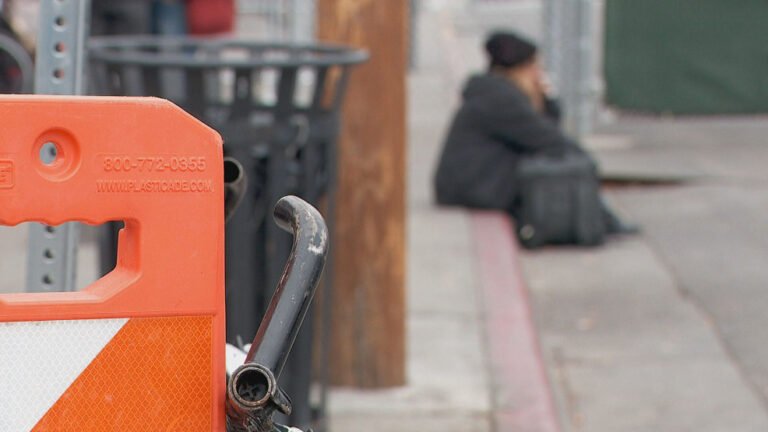SALT LAKE CITY (KUTV) — At a time when the intersection of mental health and the criminal justice system is under more scrutiny than ever, alarming statistics reveal the depth of the problem.
According to the Prison Policy Initiative, 43% of state prison inmates have been diagnosed with a mental disorder. At the same time, 66% of federal prisoners report not receiving mental health care while incarcerated.
Understanding these statistics, Utah has worked to pioneer an alternative approach.
The state’s Third District Court operates a mental health court, which aims to address underlying issues rather than simply punishing behavior. Similarly, the Utah Legislature is working to pass legislation to expand such rehabilitation strategies.
Albie Hamilton, a graduate of the Mental Health Court, has told of his journey, which was marked by a diagnosis of manic depression in 1999. Afterwards, he struggled with relationships and fell into homelessness and addiction.
More stories about Utah’s mental state
“Prison does not treat mental health. I think it actually makes mental health worse,” Hamilton said.
He said mental health court was his “last hope” and believes it helped him turn around.
Salt Lake County District Attorney Sim Gill highlighted the success of the mental health court, where participants undergo individualized treatment programs for up to three years.
“I know very few mentally ill people who wake up in the morning and say, ‘Let’s go out and see what crimes I can commit,'” Gill said.
Mental health courts have been used in District 3 for more than 20 years, and Gill said that although they have been impactful, more resources are needed to expand these programs.
“With the right intervention, their path may not involve going to prison and they can still be held accountable,” Gill said.
Meanwhile, Rep. Nelson Abbott (R-Orem) has proposed amending the law to introduce a “mental condition guilty” plea that would allow offenders diagnosed with certain mental conditions to receive treatment before sentencing. is claimed.
“For a long time we thought people committed crimes for the same reasons, but now we recognize that there are different reasons and say we need to treat those people differently. ” Abbott said.
Last year, Congress passed a bill that would make people with schizophrenia and bipolar disorder eligible to petition. This year, lawmakers wanted to add PTSD to the list of qualifying conditions.
Mr Abbott said 24 people had used the petition since last year and safeguards were in place to prevent abuse of the system.
Mr. Abbott believes that treating mental health conditions is the best path to rehabilitation and a more cost-effective strategy for taxpayers, saying, “We are already spending money on this problem. will spend their money in other ways that are more productive and useful.”


